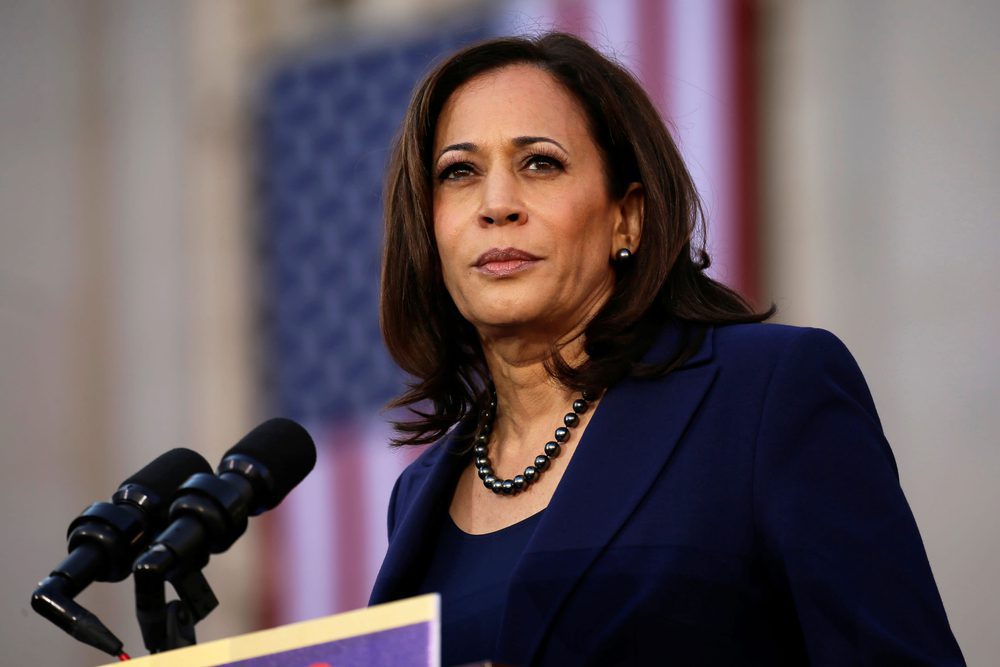- Lincoln did not sign the Emancipation Proclaimation into law. On Sept. 22, 1862, Lincoln signed a preliminary Emancipation Proclamation, which informed both the Confederacy and the Union of his intention to free all persons held as slaves in the rebellious states. The final version was issued by President Abraham Lincoln on Jan. 1, 1863, as the country entered the third year of the Civil War. Lincoln was assassinated April 15, 1865. House approval did not come until January 1865 and ratification by the states in December 1865.
- The Emancipation Proclamation only applied to the states in rebellion. History details that President Lincoln justified the Emancipation Proclamation as a war measure designed to deal a economic death blow to the states of the Confederacy. Thus it was only applied to the Southern states in rebellion.
- Lincoln’s advisors did not initially support the Emancipation Proclamation. When President Lincoln first proposed the Emancipation Proclamation to his cabinet in the summer of 1862, many of the cabinet secretaries were apathetic, or worse, worried that the Proclamation was too radical. It was only Lincoln’s firm commitment to the necessity and justice of the Proclamation, along with the victory at Antietam, which finally persuaded his cabinet members to support him.
- The Emancipation Proclamation helped keep Europe from getting involved in the civil war: Britain and France were in line to support the prior the the proclamation because they wanted to get a foothold in the newly formed confederacy. But unlike the south, the majority of Europe was against slavery. Issuing the Emancipation Proclamation directed more attention to the issue of slavery as an international issue
- Lincoln had to exercise the rights that he had as commander in chief of the Army and Navy to implement the Emancipation Proclamation. The status of America as an independent union was still very young at this time. Lincoln had to exercise the rights that he had as “Commander in chief of the Army and Navy” to carry out an executive order under Article II, section 2 of the United States Constitution. This alone caused Democrats to condemn this step of Lincoln and rebuke him for being a coward.
















